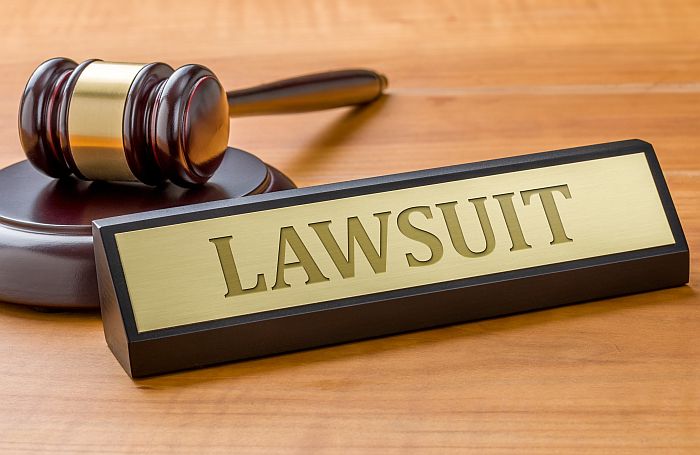 If you or a loved one has been injured in an accident caused by the carelessness or recklessness of another party, North Carolina law allows you to take legal action against that party or parties in order to obtain financial compensation for losses that your injuries have caused you. Some of these losses can include medical expenses for treatment of your injuries, as well as any ongoing medical care you may need, lost wages if you were unable to work while you recovered, pain and suffering, emotional anguish, and more. In order to be successful in a personal injury lawsuit, a victim must prove negligence by the party they allege is responsible for the accident and their injuries.
If you or a loved one has been injured in an accident caused by the carelessness or recklessness of another party, North Carolina law allows you to take legal action against that party or parties in order to obtain financial compensation for losses that your injuries have caused you. Some of these losses can include medical expenses for treatment of your injuries, as well as any ongoing medical care you may need, lost wages if you were unable to work while you recovered, pain and suffering, emotional anguish, and more. In order to be successful in a personal injury lawsuit, a victim must prove negligence by the party they allege is responsible for the accident and their injuries.
This is one reason why victims should consult with a North Carolina personal injury attorney to represent them. The legal definition of negligence that is required to be successful in a personal injury claim may be different than what a layperson thinks the definition is.
In order to prove negligence in an accident lawsuit, there are four elements that must be proven. These elements are:
- The alleged at-fault party owed the victim a duty of care. This means they had a legal obligation to act in a certain way towards the victim. For example, a landlord has a duty of care to keep their property free of any hazards that are preventable. A driver has a duty of care to other drivers to operate in a safe manner and obey all traffic laws. A doctor has a duty of care to provide their patients with professional medical care.
- The alleged at-fault party breached that duty of care. This means that whatever obligation the at-fault party had to the victim, they failed to uphold.
- The breach of that duty of care caused the victim’s injuries. There are two types of causation that can be cited in this element. The first, cause-in-fact, means that if it weren’t for the at-fault party’s actions or behavior, the victim would not have been injured. The second type, proximate cause, means that the injury is related to the event in such a way that the court rules the injury would not have occurred if not for the event.
- The victim suffered damages (losses) as a result of the alleged at-fault party’s actions. In order to receive financial compensation for losses, there must be an actual loss.
Let Our Personal Injury Law Firm Help
If you or a loved one has suffered an injury in an accident caused by another party, contact a North Carolina personal injury attorney to find out what type of legal recourse you may have. Depending on the circumstances of your case, you may be entitled to medical expenses, loss of income, pain and suffering, and more.
The Carolinas personal injury lawyers at Shapiro, Washburn & Sharp have successfully advocated for many clients who suffered brain injuries in obtaining the financial compensation they deserved for their injuries, including a record-setting mild brain injury verdict for $60 million, which was settled while on appeal. Call us today for a free case evaluation.
RELATED CONTENT
- What is negligence with regard to a product defect, how do we go about proving negligence?
- What Is Negligence in a North Carolina Car Accident?
- Negligence in a North Carolina Personal Injury Case